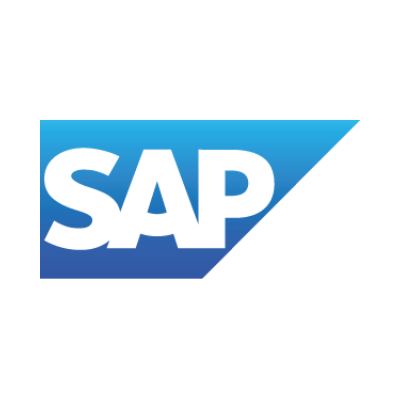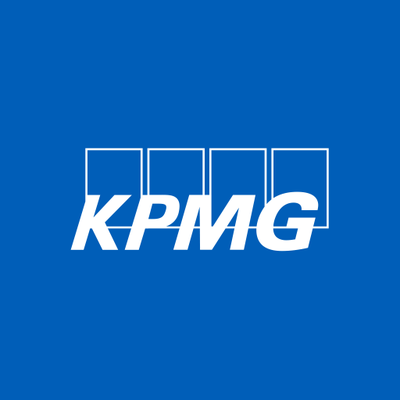One of the most common types of interview questions is the kind that starts with, “Tell me about a time when…”
Answering these questions in a way that is efficient and impressive requires you to be focused and specific. Here are three things you should have on your checklist while you’re answering to make sure you ace it every time.
1. Be Specific. Pick A Concrete Moment Or Challenge And Stick With It.
When you’re answering questions like this, you should always focus on a particular moment or time. Don’t pick something that’s a lifelong struggle or an ongoing predicament.
The interviewer is looking for you to pick something contained and concrete so they can see what the problem/challenge/opportunity was, how you handled it, and what that says about you/what it taught you.
2. Fill Your Answer With Specifics, Context, And Outcomes.
Give the full context of the moment: What was your challenge? Why was it important for the business/organization/person? What did you do about it? How did it turn out?
It’s better to use specific numbers and methods like I did X thing instead of Y thing, because of Z. As a result, it saved us X dollars and Y man-hours.
3. Make Sure Your Example Speaks To A Broader Theme About The Way You Work.
The goal of any interview question is to show the interviewer how you would add to the company. This means your answer should not only show how you handled a specific situation, but also how you handle hard situations or great opportunities in general. Your answer should speak to a theme or principle that governs the way you work.
It shouldn’t be something cheesy like, “I love winning.” or “I love helping people.” It should be something like a work principle. For example, “I love figuring out new ways to do things that save time, resources, and achieve the same results.” Or, “I believe small details can make a huge difference, so I always triple check my work.”
A Perfect Example Answer
For example, the interviewer might say, “Tell me about a time you went above and beyond.”
Your response could be something like this:
“During my summer internship in the strategy department at Pizzeria Dos, I was asked to find out what customers thought of our new white tablecloths (we had just switched from red tablecloths). I was told to ask 10 customers in total by stopping them on their way out of the restaurant. Instead, with my boss’s permission, I decided to add a small questionnaire to the checks of every customer who came in for the next 2 days. This way, I could reach more people in a scalable way, without bothering those who were in a hurry to get out. I printed the questionnaires on small pieces of paper, so the entire study cost no more than $10 in supplies. I then collected all 50 of the completed evaluations and learned that people hated the white tablecloths because they could see the stains from grease and sauce too easily. I’m happy that I could deliver 500 percent of the number of opinions my boss wanted, and that I was able to do it without bothering customers and still getting an unbiased opinion.”
This answer takes a specific assignment, explains the context, uses specific methods and numbers to demonstrate success, and speaks to a theme about the person: The interviewee was happy to do more than she was asked to do, because the extra work led to a higher quality outcome for everyone.
Want more interview tips? Check out the WayUp Guide.






